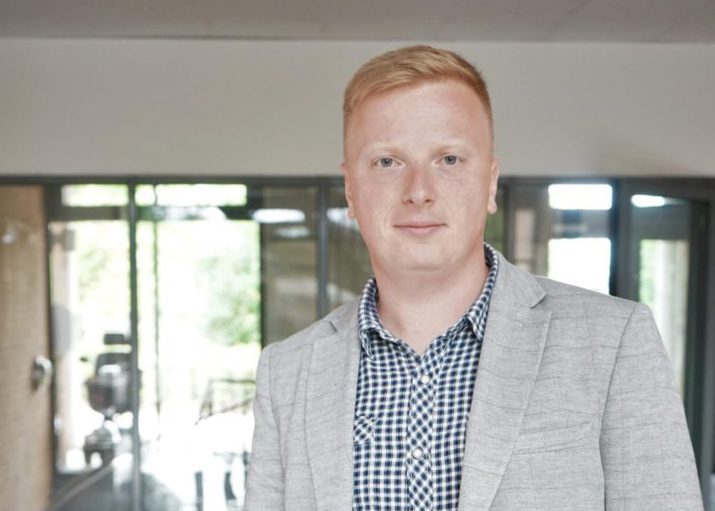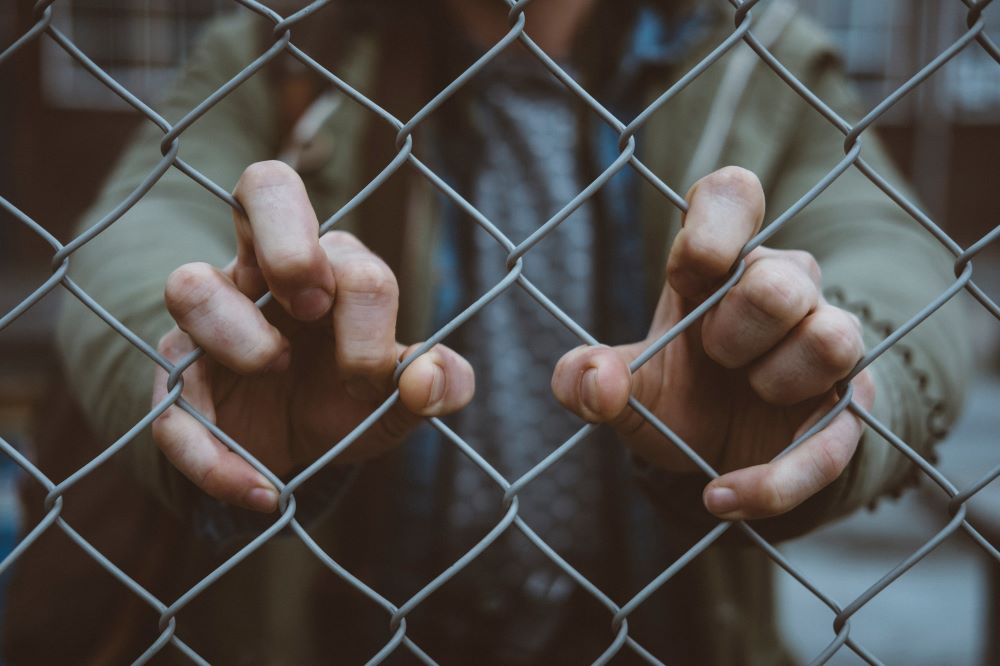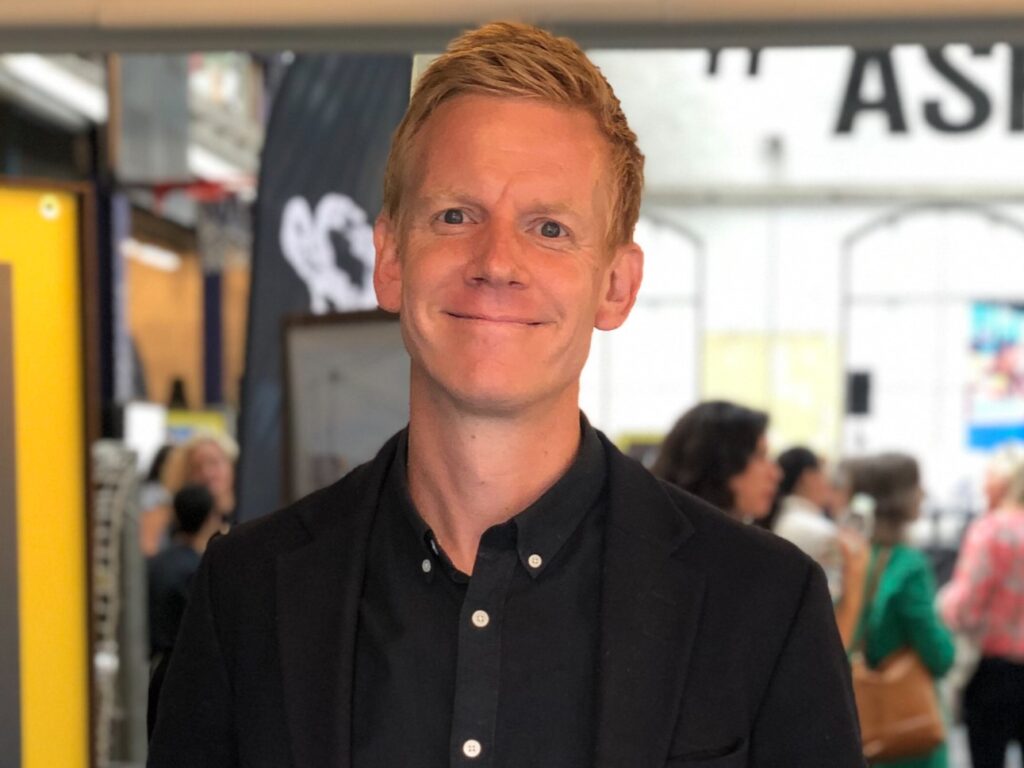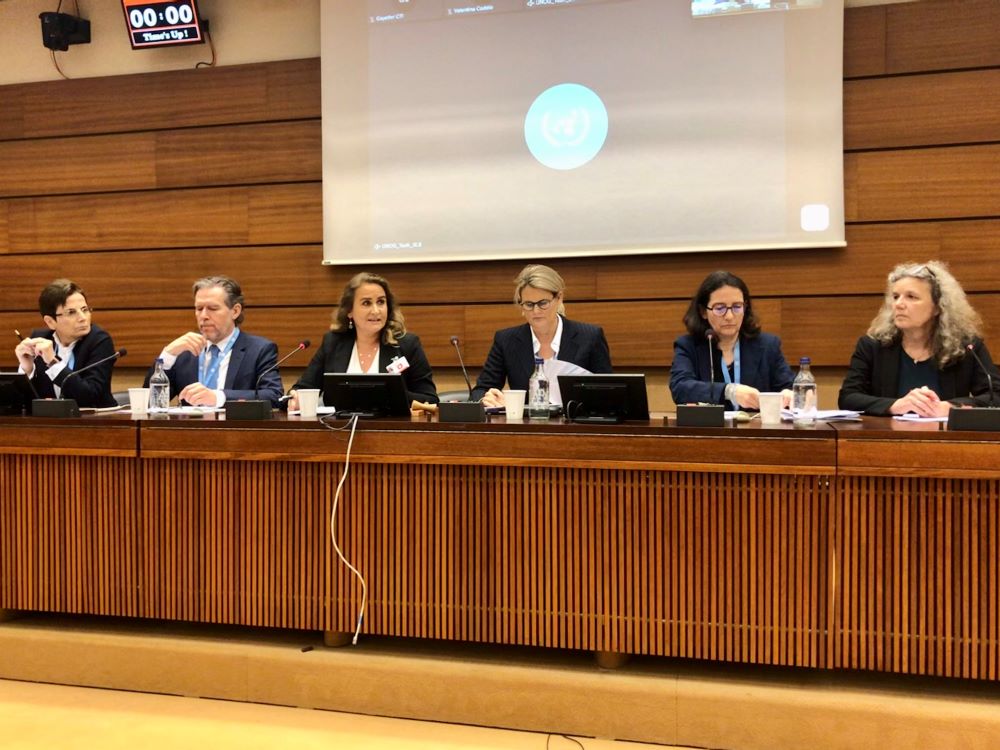Extensive report by DIGNITY and Ukrainian partners documents widespread and systematic torture
»On the third day, I asked my tormentors to finish me off, because I had nothing to tell them. Then one of them took off his balaclava, and I saw he was most likely part of the Chechen forces loyal to Russia. He called one of his supervisors and showed me to him on the phone. The one on the phone just nodded and said nothing. But they kept torturing me. My hands were turned back and shackled. I was laid on the floor, face down, strangled with wire from the extension cable. When I started to lose consciousness, they said: ‘Wait. It’s too early. You haven’t gone through all seven circles of hell yet’«.
This testimony is part of a new report, »Nine Circles of Hell«, about the official and unofficial places of detention in parts of Ukraine under Russian occupation since February 2022.
The report contains 152 documented instances of torture and other ill-treatment. It is a detailed account of horrifying findings that may amount to Russian crimes against humanity, as the report concludes.
DIGNITY Legal Adviser Vadym Chovgan is one of three authors behind the report. The others are Mykhailo Romanov of the Kharkiv Human Rights Protection Group (KHPG) and Vasyl Melnychuk of the European Prison Litigation Network (EPLN). Other partners behind the report are the NGOs Protection of Prisoners of Ukraine (PPU) and Ukraine without Torture (UwT).
»What makes our report special, is that it is the first time that civil society organisations have had access to Ukrainian prisoners who were under Russian occupation«, says co-author Vadym Chovgan. He adds:
»Two circumstances that make our findings robust is that our organisations already monitored prisons before the Russian invasion and that we have been able to interview the prisoners during the occupation and right after their liberation from the occupied territories«.
The new report contains evidence from both official places of detention, like prisons, and unofficial places, in which the Russian occupiers kept Ukrainian prisoners. The report incorporates the testimonies of 121 victims and witnesses to describe in detail how the occupation was experienced and seen through the eyes of survivors.
The survivors were both persons, who were in Ukrainian prisons when Russia occupied parts of the country, and civilians, who were caught by the Russians in order to be punished or coerced to cooperation.
Physical and psychological torture
The documented torture methods include physical torture such as beating, electric shocks, suffocation with gas masks or bags and overall inhumane prison conditions. Psychological torture is also found to be common. Examples are mock executions, threats of execution or threats of very severe violence against prisoners and their relatives.
»The Russian forces wanted to show the prisoners that ‘Russia is back’ or ‘The Soviet Union is back’. They imposed a far stricter prison regime in order to show that a new order had come and they wanted to coerce obedience. They especially targeted Ukrainian patriots, prisoner leaders and former Ukrainian soldiers«, explains Vadym Chovgan.
The general approach of the Russian forces was to humiliate the prisoners and deny them basic rights such as medicine or the reception of food from relatives.
In addition to the torture, the report documents cases of killings. For example, in one case a prisoner was shot dead by the Russian forces. The killing took place on May 11th, 2022, in the Kherson Pre-Trial Detention Centre and is documented by 11 witnesses in the report.
The Russian military further endangered the lives of prisoners by storing ammunition and weapons in places of detention and thus made them military targets.
Vadym Chovgan has little doubt that the treatment of prisoners under Russian occupation in Ukraine may amount to crimes against humanity:
»Our report assesses that torture and other ill-treatment is widespread and systematic in the places of detention under the Russian occupation in Ukraine. We documented the ubiquity of torture and other ill-treatment in official and unofficial places of detention, its broad geographic spread, and the commonality across occupied regions and places of detention in terms of methods and targeted victims«, says Vadym Chovgan.
Download the full report here.




